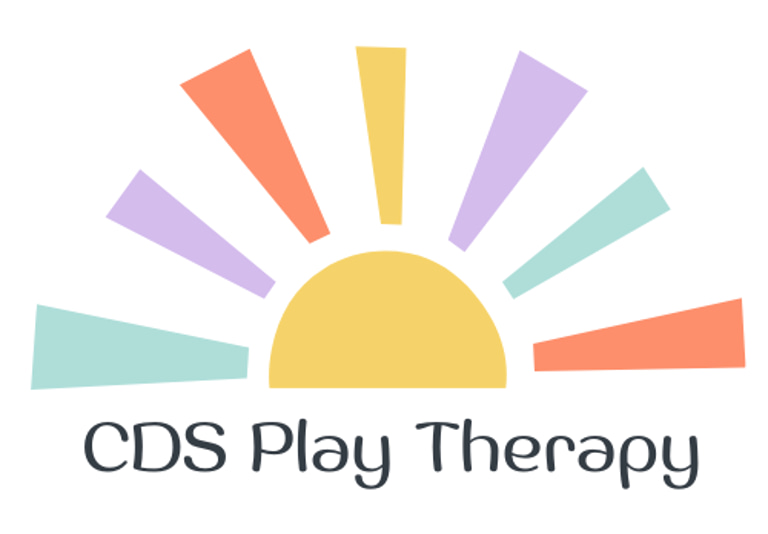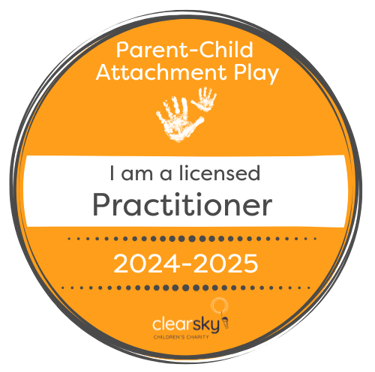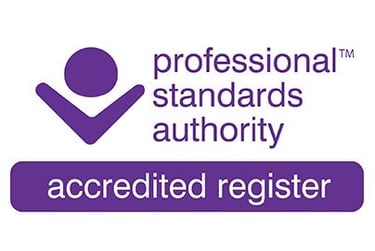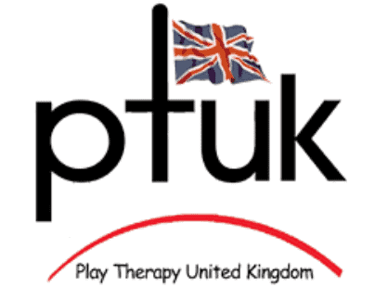
Play Therapy and Creative Arts Counselling
Supporting children, teenagers and families through creativity, play and connection
Individual Play Therapy
A holistic and integrative play therapy approach utilising a variety of mediums in a safe therapeutic space
Group play therapy approach for up to four children to support them with self esteem, confidence, transitions and change
Individual or group sessions for parents and carers, supporting them to strengthen their relationships with their children through play based skills
Parent - Child Attachment Play
Group Play Therapy
What is Play Therapy?
Using play means that the child can explore their thoughts and feelings in creative ways, without having to use words.
The creative and emotional centres develop faster than the verbal skills in their brain. In play therapy sessions, the child is provided with a safe space where they are accepted as they are. The child sets the pace and takes the lead. They explore the toys and art materials, allowing themselves to process at a conscious or unconscious level with an attuned and skilled therapist.


Play Therapy is a type of therapy where play and art materials are used as the main way for people to express themselves.
Talking about problems can be hard for children.
A child may not have the words to describe how they are feeling, or why they are behaving as they do. A child may not be able to recognise what they find difficult, or explain it to someone if asked. Play is their language - it is how they process their world, express themselves, learn and problem-solve.
Who is Play Therapy for?


Children and young people who:
have low school attendance
have experienced abuse, witnessed domestic violence or conflict
have experienced loss or bereavement
have experienced neglect
have been bullied / are bullies
have attachment difficulties
have emotional difficulties or withdrawn
have a parent in prison
are refugees / asylum seekers
have been or are currently in care
Play therapy is also helpful for children who can't find the words for how they are feeling. You may have noticed changes in their behaviour, such as:
anger and aggression
mood swings
low self esteem
extreme shyness or selective mute
difficulty forming or maintaining friendships
have difficulties with concentration or sleep
What are the benefits?
Play therapy can help children and their families. Supporting children to navigate their emotions and challenges can create a ripple effect of change.
You may see:
Increased emotional regulation
Improved communication
Greater self confidence
Development of relationships/friendships
It may help with:
impulse control
executive functioning
frustration tolerance
problem solving
sensory processing


Contact Me
For all enquiries, please contact me
I work in the West Midlands and have worked in areas such as Solihull, Coventry, Coleshill, South Birmingham...






